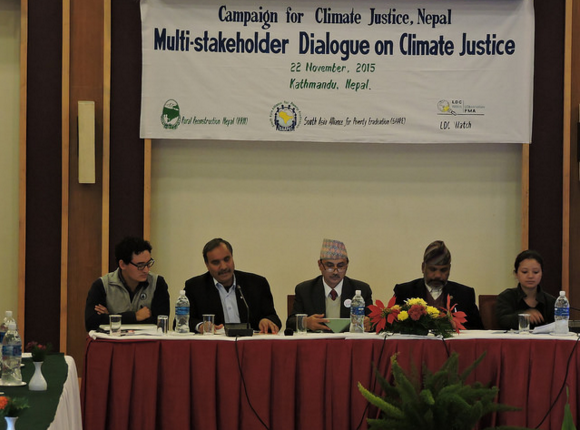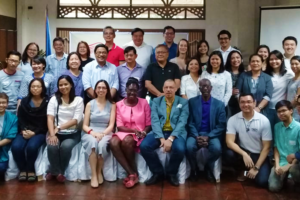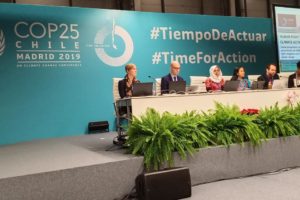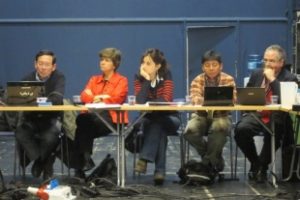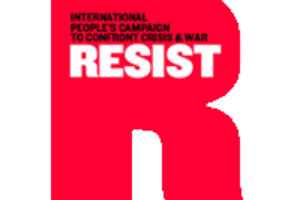[[{“type”:”media”,”view_mode”:”media_large”,”fid”:”1168″,”attributes”:{“alt”:””,”class”:”media-image”,”height”:”356″,”style”:”width: 350px; height: 260px; margin: 5px; float: right;”,”typeof”:”foaf:Image”,”width”:”480″}}]]
Campaign for Climate Justice Nepal (CCJN), in collaboration with Rural Reconstruction Nepal, South Asia Alliance for Poverty Eradication (SAAPE) and LDC Watch has organised a half-day "Multi-Stakeholder Dialogue on Climate Justice" on 22nd November 2015 in Kathmandu.
Primary guest speaker, Mr. Bishwendra Paswan, Minister for Science, Technology and Environment (MoSTE) said that, developed countries have the upper hand in the climate change negotiations and as poor countries we have not been treated fairly by developed countries.
Special guest Dr. Krishna Chandra Poudel, secretary of MoSTE pointed out that, although Nepal along with LDC Group has been strongly demanding for keeping the temperature below 1.5-degree celsius and climate finance, we need to be flexible given the tough negotiations with developed countries at the 21st Conference of Parties (COP21).
Dr. Sarba Raj Khadka, coordinator of CCJN, put forward his views that, the heart of climate justice is the understanding that urgent action is needed to address climate change based on community-led solutions and well-being of local communities, indigenous peoples and the global poor who are at the frontlines of climate catastrophes, despite being the least responsible for climate change. He further said that we will not be able to stop climate change if we don’t change the neo-liberal, corporate-based economy which stops us from achieving sustainable societies.
Ms. Prerna Bomzan, advocacy coordinator of LDC Watch expressed that we need to demand for a legally binding post-2020 agreement in Paris with a balanced outcome, making the agreement more accountable for developed countries' historical responsibility towards developing countries and especially LDCs.
Mr. Raju Pandit Chhetri briefed the participants in regards to the mechanism of the international climate negotiations under the United Nations Framework Convention on Climate Change (UNFCCC) and what is at stake at COP21 in Paris.
The interaction programme was organised in the context of the COP21 which is scheduled from 30 Nov. to 11 Dec. 2015 in Paris, France. This conference will adopt a new climate agreement which will take effect post 2020 after the end of Kyoto Protocol.
The programme was chaired Khadka and Ms. Sharmila Karki, member of CCJN and president of the NGO Federation of Nepal, welcomed the participants and facilitated the dialogue. It was participated by above 70 delegates representing different governmental, intergovernmental and bi-lateral agencies and civil society groups engaged in climate dialogue at various levels.
Earlier the CCJN had organised regional level (Nepal is divided into 5 development regions and this programme was organised in the Eastern Development Region and Far Western Development Region) dialogues and consultations in Dhangadhi and Dhankuta on 18 November 2015 with the participation of different groups such as peasants, workers’ groups, natural resources user groups, indigenous groups, Dalits, women and representatives of different federations and networks working in the fields of human rights and people’s empowerment.
Som Rai
Communication Manager
Rural Reconstruction Nepal (RRN)
Email: som@rrn.org.np
Website: www.rrn.org.np
Facebook: www.facebook.com/rrn.nepal
Communication Manager
Rural Reconstruction Nepal (RRN)
Email: som@rrn.org.np
Website: www.rrn.org.np
Facebook: www.facebook.com/rrn.nepal
